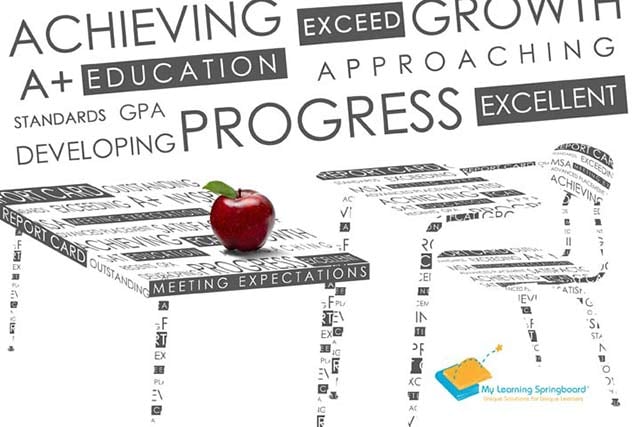 My Learning Springboard is proud to be a member of The Coalition for Science After School, which “envisions the day when young people from all backgrounds have access to high-quality science, technology, engineering and mathematics (STEM) learning beyond the classroom.” The mission is to coordinate and mobilize community stakeholders to strengthen and expand opportunities that engage young people in science after school. At My Learning Springboard, we offer a variety of opportunities for STEM enrichment and mentorship.
My Learning Springboard is proud to be a member of The Coalition for Science After School, which “envisions the day when young people from all backgrounds have access to high-quality science, technology, engineering and mathematics (STEM) learning beyond the classroom.” The mission is to coordinate and mobilize community stakeholders to strengthen and expand opportunities that engage young people in science after school. At My Learning Springboard, we offer a variety of opportunities for STEM enrichment and mentorship.
The Coalition for Science After School’s most recent newsletter shared the following articles and reports:
STEM Workers Consistently Out-Earn Their Humanities Counterparts: In a new report from the Georgetown Center on Education and the Workforce, researchers reveal that STEM workers earn more than non-STEM workers–regardless of degree level. For example, 63% of STEM workers with an associate’s degree out-earn non-STEM workers with a bachelor’s degree. For workers with post-graduate degrees, the comparison is just as stark–61% of STEM workers with a master’s degree earn more than a worker with a doctorate in humanities. The full report is full of rich data that is sure to convince students, parents, educators, and policymakers alike of the importance of supporting STEM education.
Statewide Study Shows Few In-School Opportunities for Learning Science: A new study demonstrated that California elementary school students have few opportunities for learning science from prepared teachers, despite principals’ and administrators’ views on science as an important subject. Startlingly, only one-third of teachers surveyed reporting feeling prepared to teach science, and 85 percent of teachers surveyed have not received any science-related professional development in the last three years. This research further demonstrates the increased need for science content to be emphasized outside of the classroom.
Why Science Majors Change Their Minds: According to this article from the New York Times, about 40% of college students who intend to major in science or engineering change their minds or do not complete their degree. Reasons for the high drop-off rate include low grades, uninspiring curricula, and a lack of support from professors. Could project-based learning–like the fun, interactive, innovative activities found in high-quality K-12 afterschool programs–help maintain student interest? What would it take to have a “trickle-up” effect from afterschool to college?
Closing the Girl Gap in STEM: This companion piece to the article above explores why girls are disproportionately left out of STEM majors in college, and highlights programs and places that are working to close the gap. Recent research shows that female engineering majors are more likely to switch majors than their male counterparts, largely due to a lack of confidence on the part of the female students.
Written by: Editorial Team, My Learning Springboard, Inc. In New York City, it’s buzzing with the frenzy of K-12 school applications. The fall begins a pilgrimage of parents from every part of the city and from every background swarming on independent and select public schools and charter schools for tours and open houses. Parents are eager to figure out just how the system works and how they can get their child a strategic edge in the application process.
In New York City, it’s buzzing with the frenzy of K-12 school applications. The fall begins a pilgrimage of parents from every part of the city and from every background swarming on independent and select public schools and charter schools for tours and open houses. Parents are eager to figure out just how the system works and how they can get their child a strategic edge in the application process. During this fall season, my team and I are busy supporting students and families as they prepare for a variety of school and career transitions. Preschoolers are preparing for the kindergarten entrance process; fifth graders are preparing for the middle school transition; eighth graders are preparing for the high school transition; juniors are
During this fall season, my team and I are busy supporting students and families as they prepare for a variety of school and career transitions. Preschoolers are preparing for the kindergarten entrance process; fifth graders are preparing for the middle school transition; eighth graders are preparing for the high school transition; juniors are  Service Learning (SL) means different things to different people, however the official definition is clear according to the
Service Learning (SL) means different things to different people, however the official definition is clear according to the 